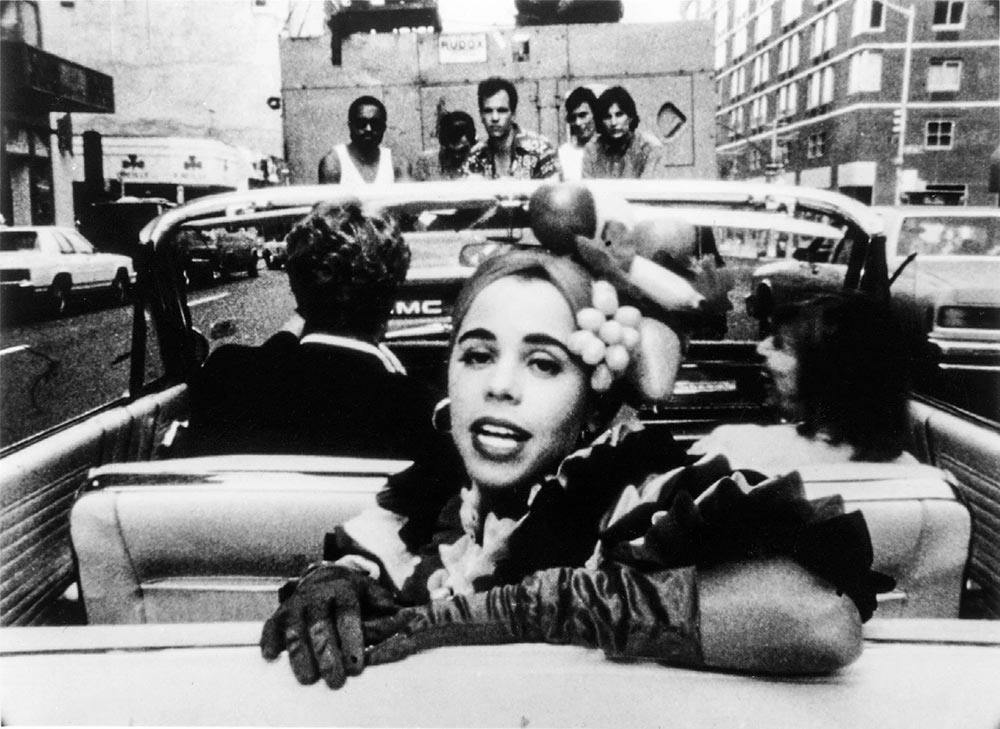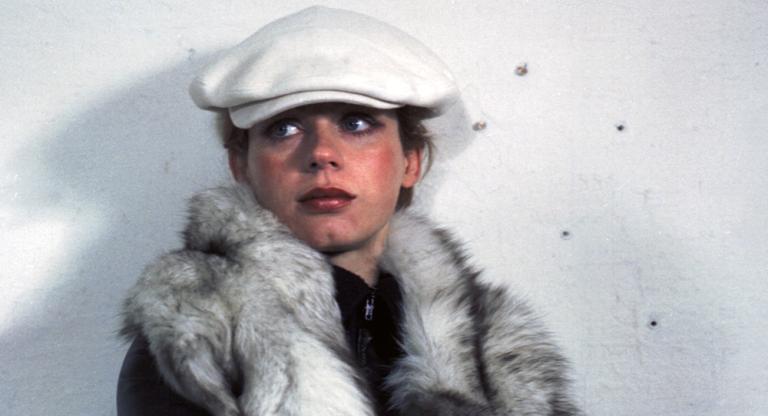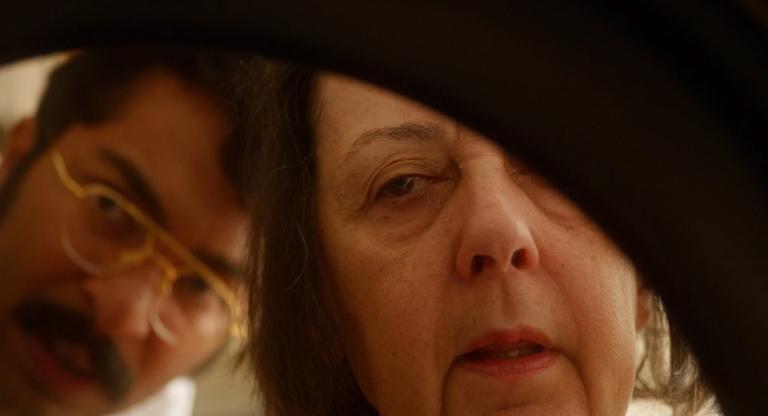Yvonne Rainer almost gave up while writing the screenplay for Privilege (1990), and I too was nearly vanquished by the daunting prospect of writing about it. As a film it argues all too convincingly for the inadequacy of words—layers and layers of discursive academia fuzzying up the image of direct action. “You’re confusing biology with patriarchy!” goes a line in the film, but eventually the film and its characters admit, if not address, that they are in turn confusing patriarchy with classism, classism with racism and colorism. Unraveling bandages upon bandages, Rainer strips each discussion bare, allowing her characters to wallow in the words of everyone from Frantz Fanon to Lenny Bruce to the Italian cinema theorist Teresa de Lauretis before turning the knife of her inquisition deeper.
Privilege is structured as a film within a film, in which Rainer’s authorial presence is swapped out for the documentarian “Yvonne Washington,” played by the Black actress Novella Nelson. Yvonne et Yvonne have set out to make a film about menopause, juxtaposing video interviews with women who have reached “change of life” in her circle of bohemian friends with black-and-white educational films and pharmaceutical ads on the subject fronted by stone-faced male physicians, shilling estrogen therapies to preserve aging marriages (“There is a popular saying among gynecologists,” says the film’s id, a text document on an anonymous, blocky Macintosh computer, “‘There is no ovary so healthy that it is not better removed, and no testes so diseased that they should not be left intact.’”)
Before Privilege settles into this conceit, however, we see a segment in which Rainer plays a fictional famous activist, her solemn face smeared cartoonishly with lipstick, addressing an unseen crowd in her final speech: “One of the reasons I am stopping is that I have to go away and work out how we do it . . . because we’ve done nothing yet . . . We’ve achieved nothing.” If Rainer’s Journeys from Berlin/1971 (1980) explored the impossibilities of cinema representing the psychoanalytical, Privilege confronts the impossibility of film (or any other art) bridging inequalities and bringing about material change.
Watching the chronological progression of Rainer’s film work—as one can do with Metrograph’s series of new restorations of the features—you can see her move from using cinema as a natural extension of her minimalist dance and choreographic work to a vested interest in narrative and multimedia montage. A performance, in works such as Inner Appearances (1972) and Hand Movie (1966), is a puzzle of parts that can be rearranged, reoriented, and recombined to unveil different biases and tensions within the audience. But Privilege is not an experiment, nor is it minimal. The documentary structure is ruptured when Yvonne Washington interviews her old friend Jenny (Alice Spivak), whose “hot flashbacks” to her early days of being catcalled in the streets of the East Village eventually reveal a disturbing, prolonged story about the sexual assault of her neighbor (Blaire Baron) and the consequences of the event for a Puerto Rican couple (Rico Elias and Gabriella Farrar). Jenny tells Yvonne a cohesive narrative (heavy with the tainted asterisk of whether it was hers to tell to begin with) that's unsettling power is in its detail; the biographical specifics of the accuser and the alleged perpetrator. All of the characters, Yvonne included, occasionally interrupt to question the dynamics of the situation, or point out more blatant instances of racism.
Privilege’s arguments may seem hopelessly dour—the film goes as far as to suggest that the ostensibly left-leaning white urbanites in Jenny’s story cannot aspire to be anything beyond “permanent recovering racists”—but Rainer’s gift in her wry writing and editing is her light-footed provocation. Privilege unmoors an ugly truth from beneath decades of theorizing and asks, of itself and its audience, what do we do next?
Privilege screens tonight, February 25, at Metrograph in a new digital restoration as part of their Yvonne Rainer retrospective.



